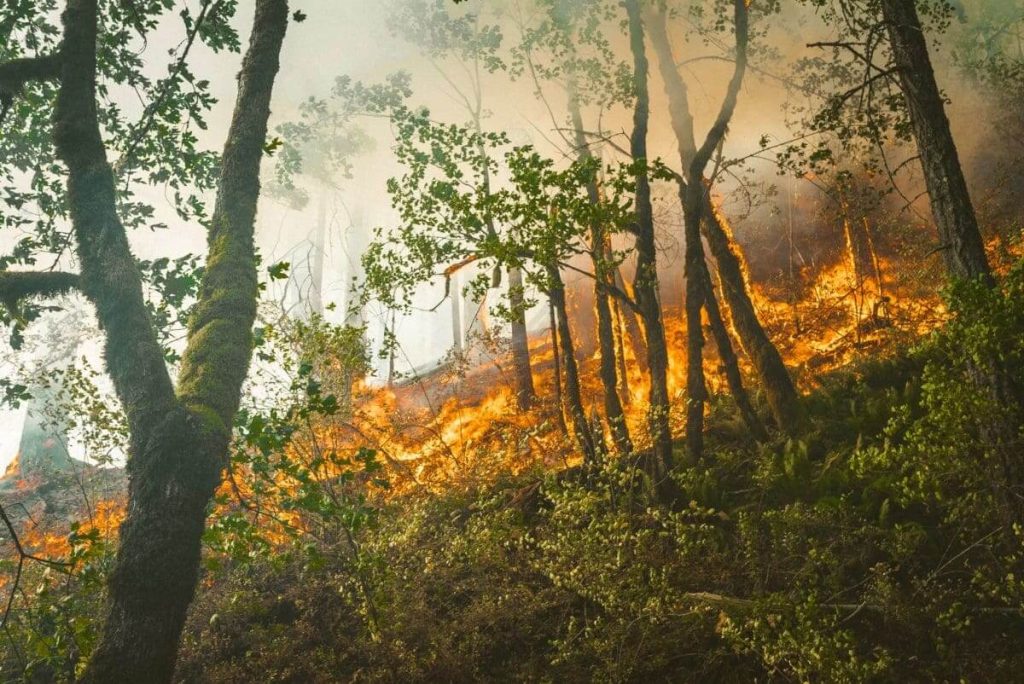
Environmental disasters can strike at any time and have devastating effects on people and ecosystems. With the severity and frequency of natural disasters increasing due to climate change, environmental disaster jobs are becoming more in demand.
Natural disasters such as earthquakes, tornadoes, hurricanes, and wildfires all require human responses to restore our communities in their aftermath. Natural disaster response jobs range from rebuilding damaged homes to saving people’s pets. In addition to looking at the top environmental disaster jobs, this guide answers crucial questions like how to get a job in disaster relief and what a relief worker does.
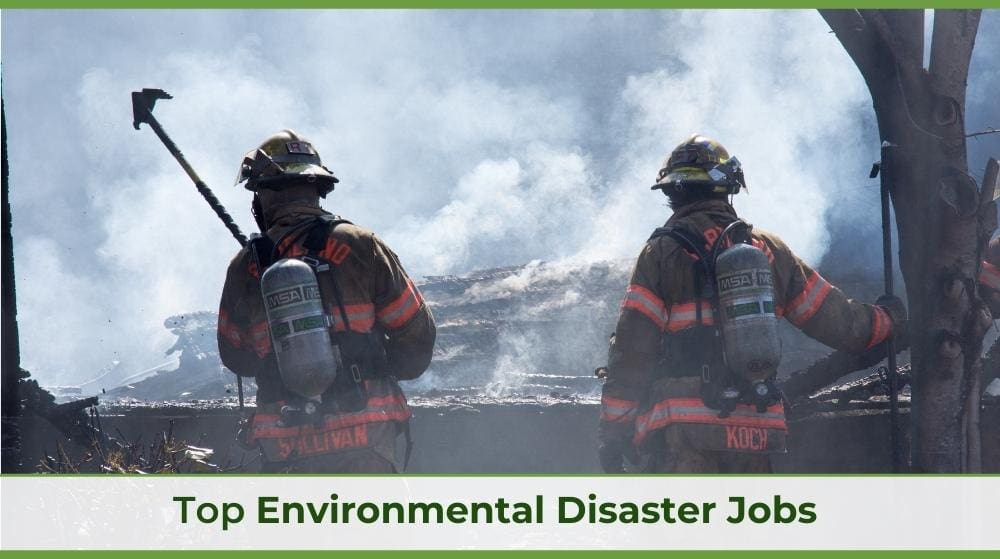
What Does a Disaster Relief Worker Do?
The day-to-day life of a disaster relief worker looks very different depending on what career path they choose. With many disaster relief careers, you will start in an entry-level position in a private company, non-profit, or government agency and work your way up to a management role. Entry-level positions are often in the field, while management positions may spend more time in the office.
Workers need to be where the disaster happened, which often means traveling to different sites for work. Sometimes you may spend weeks or months in a different city. Disaster relief workers should be resilient, resourceful, and work well on a team. The work may be physically or emotionally demanding, but it will always be rewarding.
Types of Disaster Relief Careers:
- Environmental Disaster Response
- Hurricane Relief
- Natural Disaster Cleanup
- High-Paying Disaster Relief Jobs
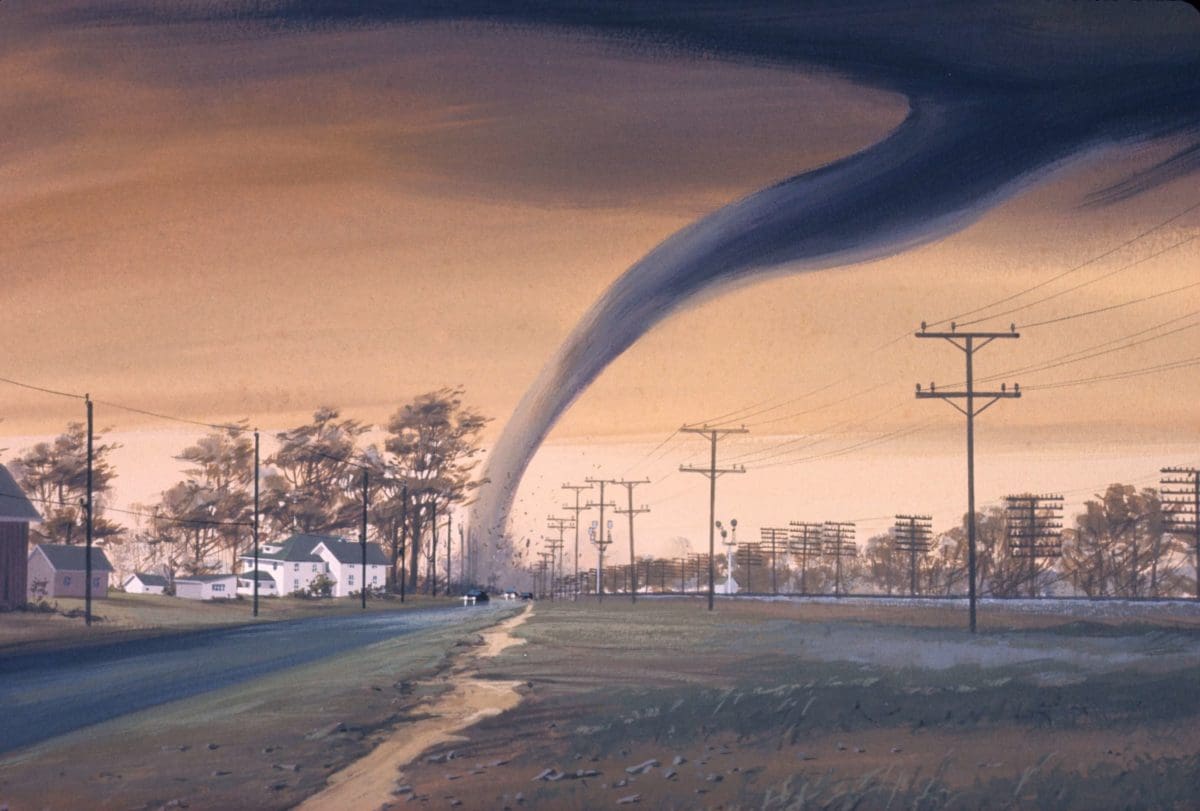
Careers in Environmental Disaster Response
Environmental disaster response begins immediately when disaster strikes, but disaster planners, managers, and directors spend months and years planning for potential disasters before they occur. Other relief workers are on the frontlines helping people and animals directly affected by the disasters.
Environmental Emergency Planner
Being an environmental emergency planner means trying to anticipate what is going to happen before it happens. Emergency planners work in teams with data analysts, government officials, and other stakeholders to prepare for potential natural disasters. During active crises, planners may be in the field to ensure that plans get executed correctly. This is a very analytical yet fast-paced job.
Local, state, and federal government agencies employ environmental emergency planners. Other potential employers include hospitals, universities, and private businesses.
Average Annual Salary: $76,730
Recommended Degree Program: BS in Environmental Studies
Environmental Data Analyst
Data analytics is a booming field right now in general. It’s also very beneficial to environmental emergency response because it provides information about climate change and impending natural disasters. The problem is that information is coded in data that is difficult for most of us to understand. Environmental data analysts interpret the data and use the information they gain from it to inform disaster response plans and procedures, making it one of the most important disaster studies jobs.
Average Annual Salary: $73,230
Recommended Degree Program: A.A.S. in Data Analytics
Firefighter
Because of persistent drought in many parts of the U.S., wildfires are happening more often. These natural disasters are dangerous to people and animals. Firefighters work on the frontlines of disasters. The work is physically demanding and often requires travel to remote locations.
Firefighters in cities may also respond to natural disasters such as an electrical fire caused by strong winds from a hurricane. While a degree isn’t needed to be a firefighter, it can give you a better understanding of the relationships between fire and the environment. A degree in environmental studies can also open up more career opportunities in the future.
Average Annual Salary: $50,700
Recommended Degree Program: BS in Environmental Studies and Climate Change
Firefighters are one of many careers that make the world a better place. If you are looking to change the world and make a living doing it, check out this blog post on the most rewarding environmental jobs.
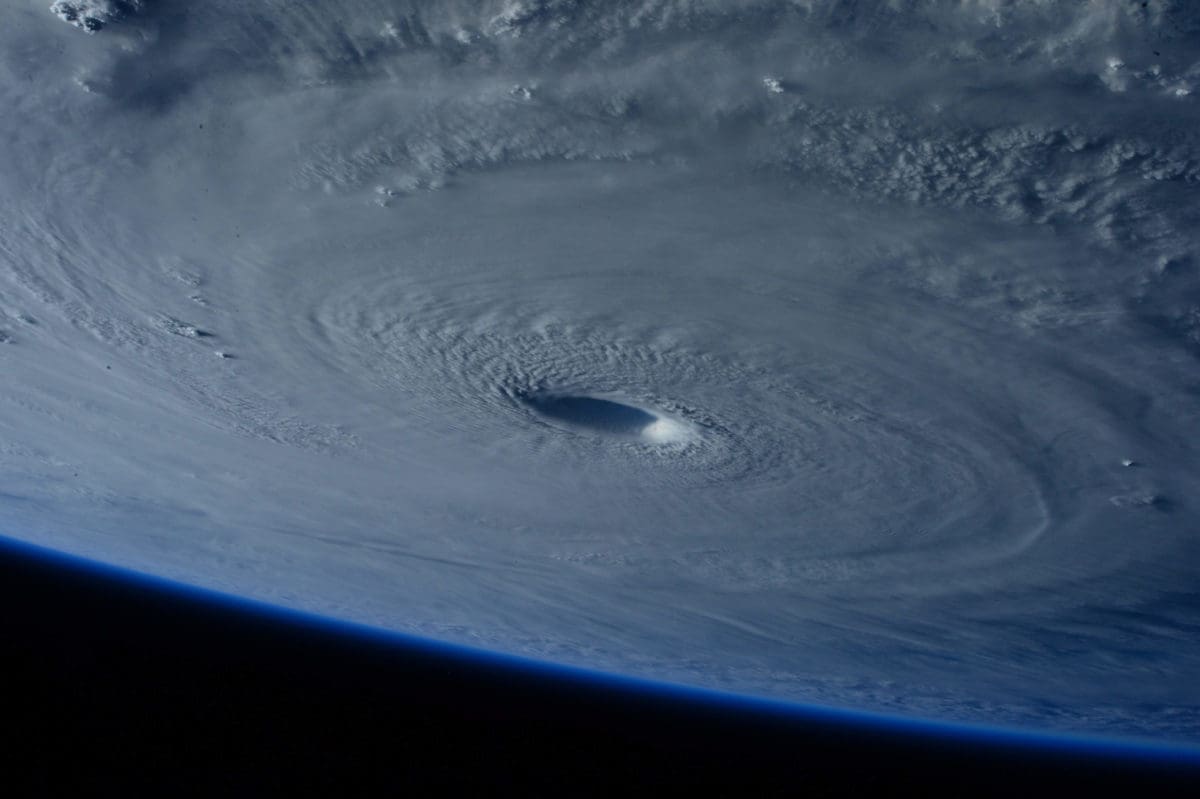
Hurricane Relief Jobs
Hurricanes affect a large portion of the United States from the Gulf of Mexico all the way up the East Coast. They also pose specific challenges for disaster relief workers due to the combination of high winds and heavy rains that they bring to shore. The environmental disaster jobs listed below often focus specifically on hurricane relief.
Disaster Program Manager
Hurricanes are not the only natural disaster that disaster program managers deal with, but it’s the most common one in the U.S. During hurricane season, large numbers of Americans in states like Florida are at risk of being displaced due to storm damage. Disaster relief teams must be ready to jump into action at any time.
Disaster program managers lead teams of staff and volunteers during hurricane response and cleanup. They may work for non-profit organizations like the Red Cross or government organizations like FEMA. The job may require some travel to affected areas.
Average Annual Salary: $73,570
Recommended Degree Program: BS in Wildland Fire Science and Management
Disaster Case Manager
Hurricanes can have devastating effects on communities. Case managers provide individualized support to families that were negatively affected by hurricanes. This includes helping them access insurance, health care, and relief resources as needed. If you want to impact the lives of others directly, then this is the hurricane relief job for you.
Disaster case managers may travel to various locations to meet with families. These jobs are often in areas that are regularly impacted by hurricanes such as Louisiana and Florida. Disaster case managers may work for private companies or government agencies like the Federal Emergency Management Agency (FEMA).
Average Annual Salary: $50,390
Recommended Degree Program: BS in Environmental Studies
Veterinarian Technician
Natural disasters and extreme weather can wreak havoc on family pets. This is especially true during hurricanes when families sometimes have to leave pets behind when they evacuate. Vet techs treat animals injured during storms, high winds, or flooding.
Vet techs usually work in clinics or animal hospitals, but those interested in disaster response jobs should look into working for an animal rescue organization such as the ASPCA or the Humane Society. These large, national organizations have their own disaster response teams. These jobs may require some travel to different areas where disasters have occurred.
Average Annual Salary: $36,850
Recommended Degree Program: A.A.S. in Veterinary Technology
If you are interested in helping animals during natural disasters but want more earning potential than vet tech jobs offer, then consider becoming a veterinarian.
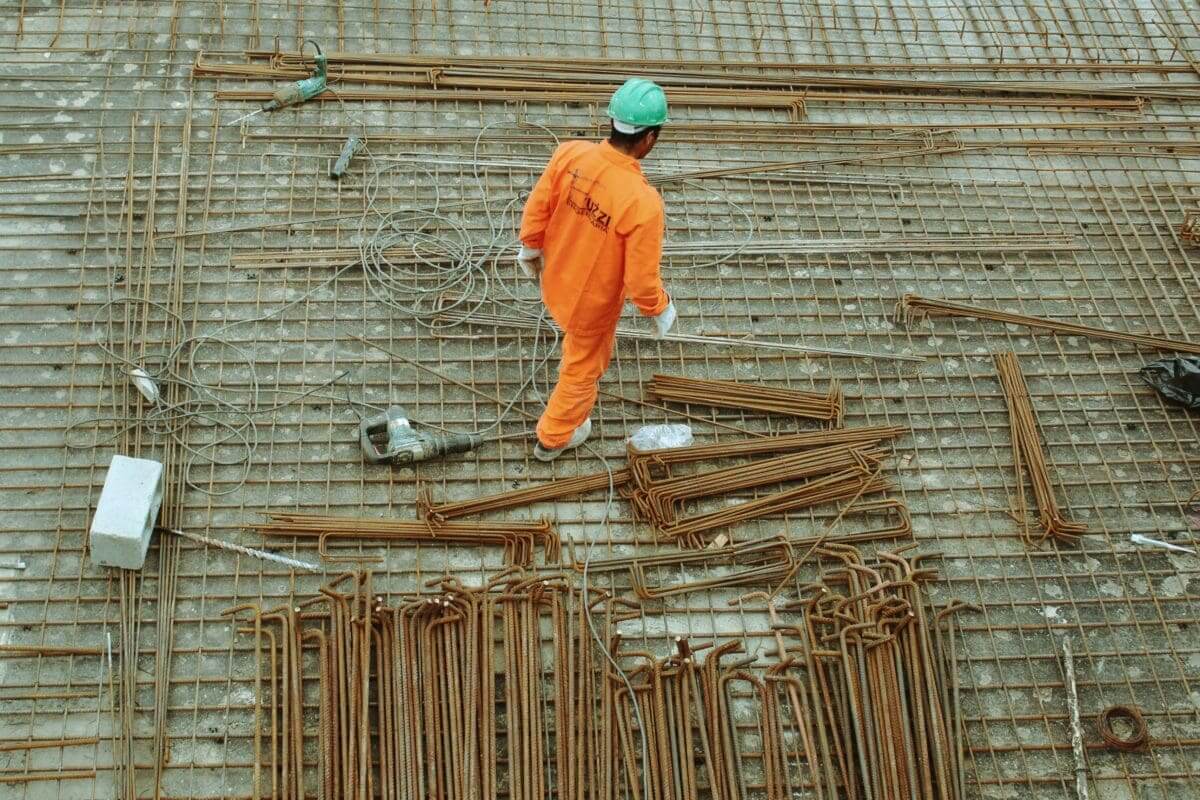
Natural Disaster Cleanup Jobs
The immediate response to environmental disasters is often strong but then fizzles out as families are left to navigate their damaged homes all on their own. Disaster clean-up jobs may not be glamorous, but they are essential. These are the natural disaster workers who come in after the initial response to clean up the area. This can take years depending on the magnitude of the disaster.
Environmental Disaster Response Technician
Disaster response technician is a very hands-on job. These technicians remove debris and other hazardous materials from areas where they shouldn’t be after a natural disaster occurs. They may also need to remove toxic chemicals or waste. This job requires physical strength and endurance.
Most emergency response technicians work for a local, state, or national government agency. However, some are employed by large non-profits such as Oxfam. This job usually does not require a bachelor’s degree, but getting one could increase your earning potential and promotion opportunities.
Average Annual Salary: $46,300
Recommended Degree Program: BS in Environmental Health and Safety
Construction Worker
During natural disasters like hurricanes and tornadoes, people’s homes are often damaged. This means construction workers are in high demand after a disaster. After terrible hurricanes and earthquakes, it can take years to fully rebuild. Some buildings may even have to be completely demolished and built from scratch.
Disaster relief construction workers may be employed by private companies or non-profits like Habitat for Humanity. They may also be contracted through government agencies. Many construction workers start their own companies. If you are passionate about construction and helping the environment, then you may be interested in starting your own eco-friendly construction company!
Average Annual Salary: $37,520
Recommended Degree Program: BS in Sustainable Business Management
Electrical Engineer or Technician
As families and businesses rebuild after a natural disaster, they may need their electrical systems repaired. Typically, construction workers do not work on the electrical system in a home. A certified electrician should do that, which makes disaster relief electrical jobs a key part of the after-disaster cleanup. They may work closely with construction crews during the process.
Electrical engineers are also essential to natural disaster cleanup as they design electrical systems to withstand future disasters. And with the increase of natural disasters due to climate change, it makes sense to focus on rebuilding with sustainable energy sources such as wind and solar power.
Average Annual Salary: $63,640
Recommended Degree Program: BS in Sustainable Business Management: Renewable Energy
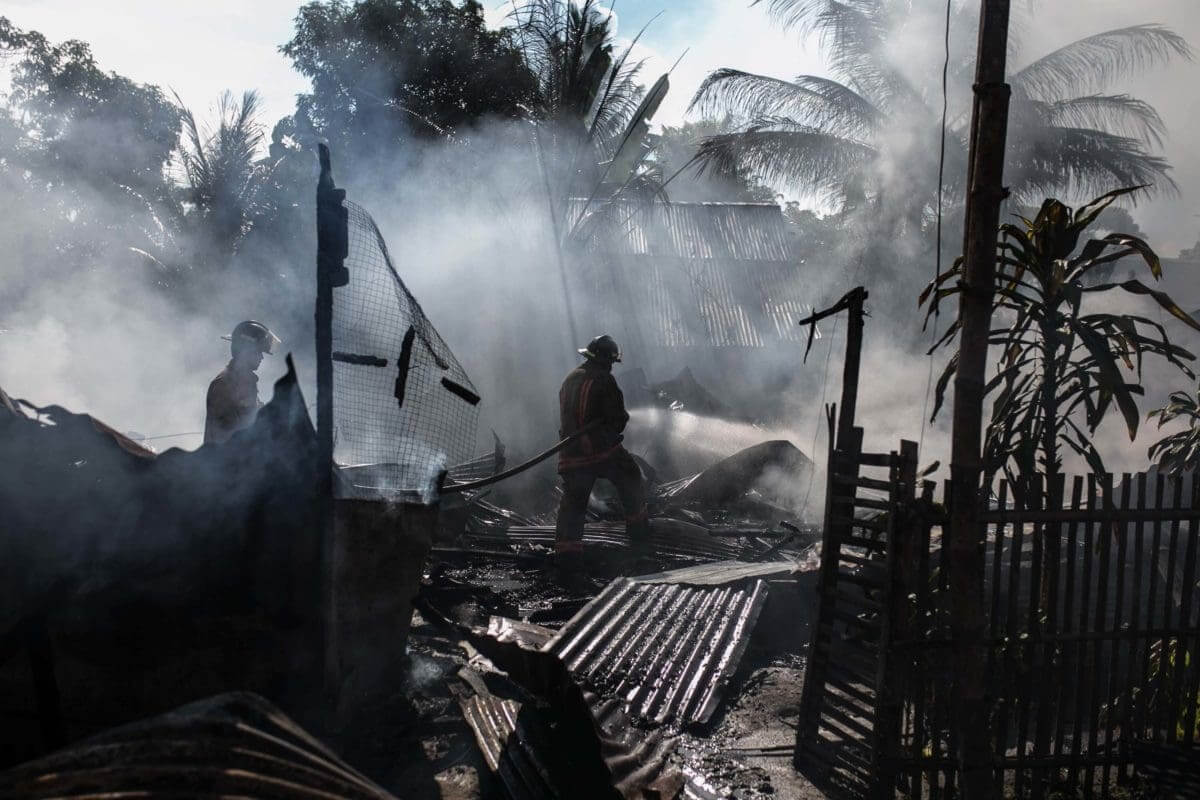
High-Paying Disaster Relief Jobs
Working in disaster relief can be lucrative if you choose the right career path. And there are several options for high-paying disaster relief jobs depending on whether you are interested in helping with environmental disaster response, clean up, or prevention.
Disaster Management Specialist
Once you have a few years of experience in an entry-level disaster relief job, you can think about whether or not a management position is appealing to you. In this leadership role, you would be responsible for managing disaster response programs for a variety of natural disasters. This job is often on-call and in the field during crises. Disaster management specialists work in public and private sectors with employers such as FEMA and the Red Cross.
Average Annual Salary: $76,730
Recommended Degree Program: BS in Sustainable Business Management
GIS Analyst
GIS (geographic information systems) analysts create maps, simulations, and other visualizations to analyze and share data. GIS technology is used for many things, but it’s especially useful for predicting and tracking extreme weather and natural disasters so that we can better prepare for them.
GIS analysts sometimes go into the field to collect data themselves and sometimes use data other scientists have already collected. GIS analysts who are interested in working in disaster response may want to look for work in states largely affected by natural disasters.
Average Annual Salary: $85,220
Recommended Degree Program: BS in Environmental Geospatial Technologies
Fire Investigator
Fire investigators are like detectives working to figure out how fires started. This is important for tracking wildfires in order to predict and prevent future fires from starting. We want to know whether fires were started by careless humans or natural causes such as a lightning strike.
This job is mainly in the field collecting evidence for investigations. While fire investigators may be employed by private businesses such as insurance companies, if you are interested in natural disaster response, look for a position with a government agency such as the US Forest Service.
Average Annual Salary: $64,600
Recommended Degree Program: BS in Conservation Law Enforcement
How to Get a Job in Disaster Relief
For high school students interested in a disaster relief career, focus on science classes such as biology and physics. In addition, take an environmental science class if your school offers it to prepare you for disaster studies. Jobs in disaster response are not just about providing relief. They are also about preventing future destruction using science and technology.
Most disaster relief jobs require at least a bachelor’s degree, preferably with an environment-related major. Pursuing a 4-year degree in environmental studies at Unity Environmental University will give you a strong foundation for a range of natural disaster response jobs so that you can find the right career path for you.

Start Your Career in Environmental Crisis Relief with Unity Environmental University
As we continue to see the effects of climate change, environmental crisis relief workers will continue to be essential to help people cope with and recover from natural disasters. In particular, there is an increased need for relief workers to respond to hurricanes and wildfires. And we can expect to see more of this pattern as Earth’s temperature rises.
Unity Environmental University offers real-world training so that students graduate ready for a successful career in disaster relief. Whether you like helping people and animals in need or analyzing big data to track natural disasters, we have a degree program to meet your needs.
